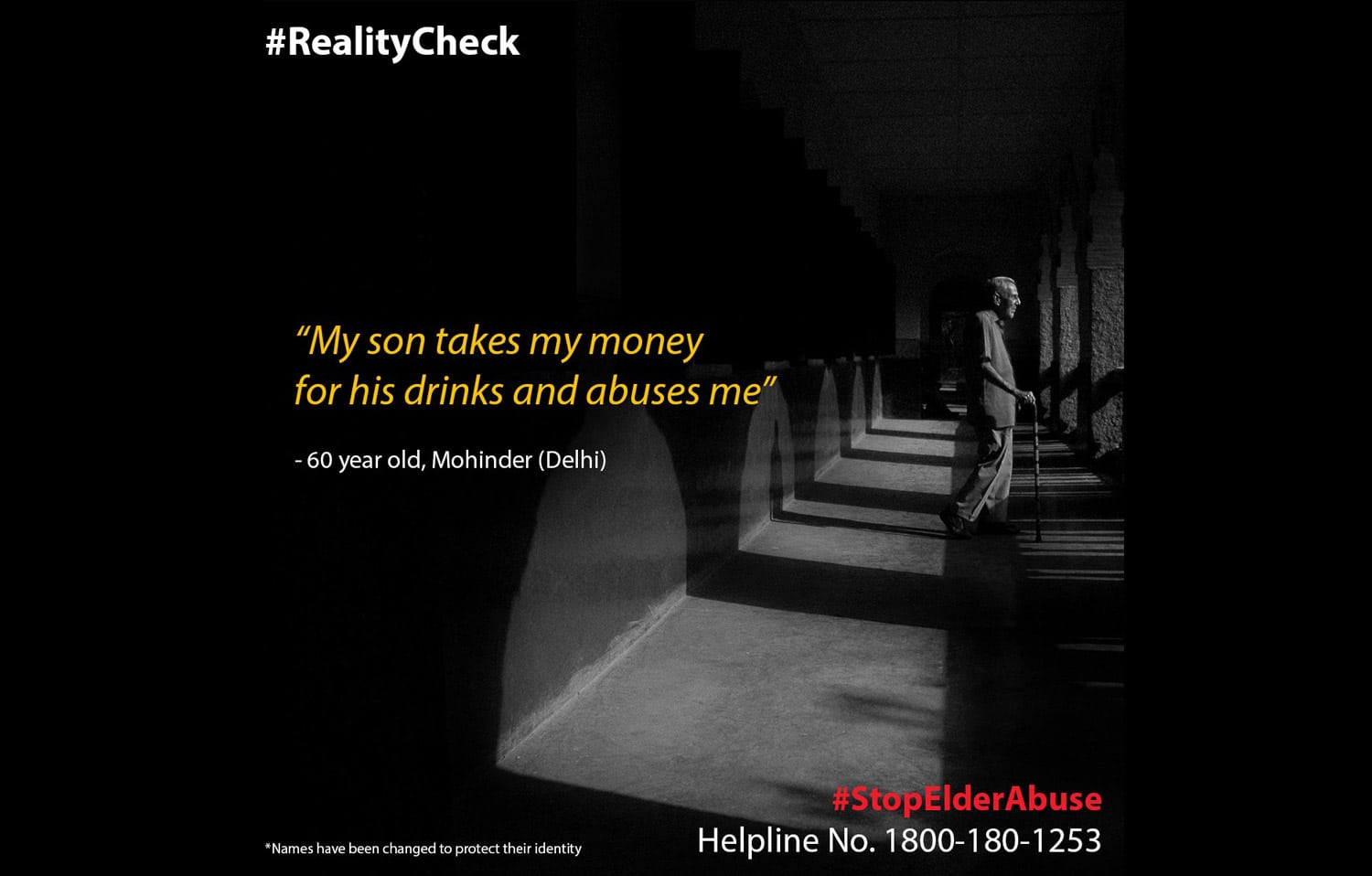Reading about the upcoming Punjabi movie “Asees” that celebrates motherhood, I came across an interesting line, “Maa, je tu mitti hai, te main tere charanan di dhul haan” (Mother, if you are like the earth, I am akin to its mere dust).
The death of actress Geeta Kapoor of film “Pakeezah” fame, in an old-age home in Mumbai, abandoned by her children, was in sharp contrast to this homily mouthed in the film. The actress was ill-treated by her son who abandoned her in a hospital. It was an irony for the Hindi film industry that celebrates motherhood, epitomised in the roles essayed by actresses like Nirupa Roy and Sulochana.
In Chandigarh, a former Chief Justice of the Punjab and Haryana High Court, Shanti Sarup Dewan, an octogenarian, petitioned the very court he headed, to ask his son to vacate their house because he was fed up with his “animal existence”.
Property was said to be the reason as the son was not very keen to give his sisters their share, forgetting the Machiavellian dictum of refraining from seizing the property of others because the death of the father is likely to be more quickly forgotten than the loss of patrimony.
The Punjab and Haryana High Court has also made clear its intent to pass an order on setting up more old-age homes in Chandigarh to accommodate up to 150 senior citizens. The present capacity of the two old-age homes in Sector 15 and Sector 43 is around 66. The court was informed that according to a report prepared by the NGO HelpAge India, 32.71 per cent elderly persons faced abuse in their house.
These problems have in fact forced a country like Britain to appoint a Minister for Loneliness. Labour MP Jo Cox who headed the commission on loneliness, often accompanied her postman grandfather and realised he was the only person many saw all day. Cox, a votary of the European Union, was murdered by a man who supported Brexit— the extreme action attributed in part to the man’s social isolation.
In Britain, over nine million suffer from loneliness, caused due to factors like occupational mobility that has increased distance between families and the impact of social media and technology and the pressures of austerity reflected in reduced welfare measures.
The problem is growing across communities and India is no exception. It’s a country that revered the family and the elders. The sense of security instilled by the joint family system was strong with even the weakest member being cared for, the ennui combated by the numerous family occasions and visiting relatives. But the change in economy and resultant occupational mobility, rising cost of living, lack of job security, absence of social security measures and new technology have brought about changes that make it hard to cope with in advancing years. Being a Shravan Kumar is passé but the brouhaha over celebrating Mother’s Day and Father’s Day is symptomatic of times when the virtual dominates the real.
While it was customary for every parent to deal with an empty nest syndrome, being abandoned or feeling unwanted can be devastating in advancing years. In a joint or extended family, doting on grandchildren, nephew and nieces would keep the elderly engaged, but distance has killed that joy. The conversation, friendship and empathy is less visible now. Family get-togethers are becoming less frequent. I once went to visit a friend’s uncle. His son, a bank executive in Mumbai, found it difficult to visit as the town had no airport, and train journeys were time consuming. He advised him instead to shift to a place that had airport, a tough proposition at his age. “Live where you get roti and izzat,” he said and regretted that family occasions were becoming hurried affairs. “Hamare value system mein time hi time tha,” he said.
While the senior citizens do make attempts to engage themselves, forming associations and engaging in community activities, it is the prospect of becoming dependent on others in their twilight years that is more daunting. It chips away at their self-esteem and self-respect compounding the problem even as the wait for the even tide is on. Vikram Seth summed it up,
“The humans rest in a design
One writes, one thinks and moves, one sleeps
The leaves trace out the stencilled stone
And each in his dream alone.”
#DoYouKnow Neglect (29%), Verbal Abuse (41%), Disrespect (33%), are the topmost forms of abuse experienced by the elderly?
Join @HelpAgeIndia_ Twitter chat on June 15th 2018 (World Elder Abuse Awareness Day) with hashtag #Disconnect2Connect and take a pledge to #StopElderAbuse.
This article written by Sandeep Sinha, first appeared in Tribune India here






